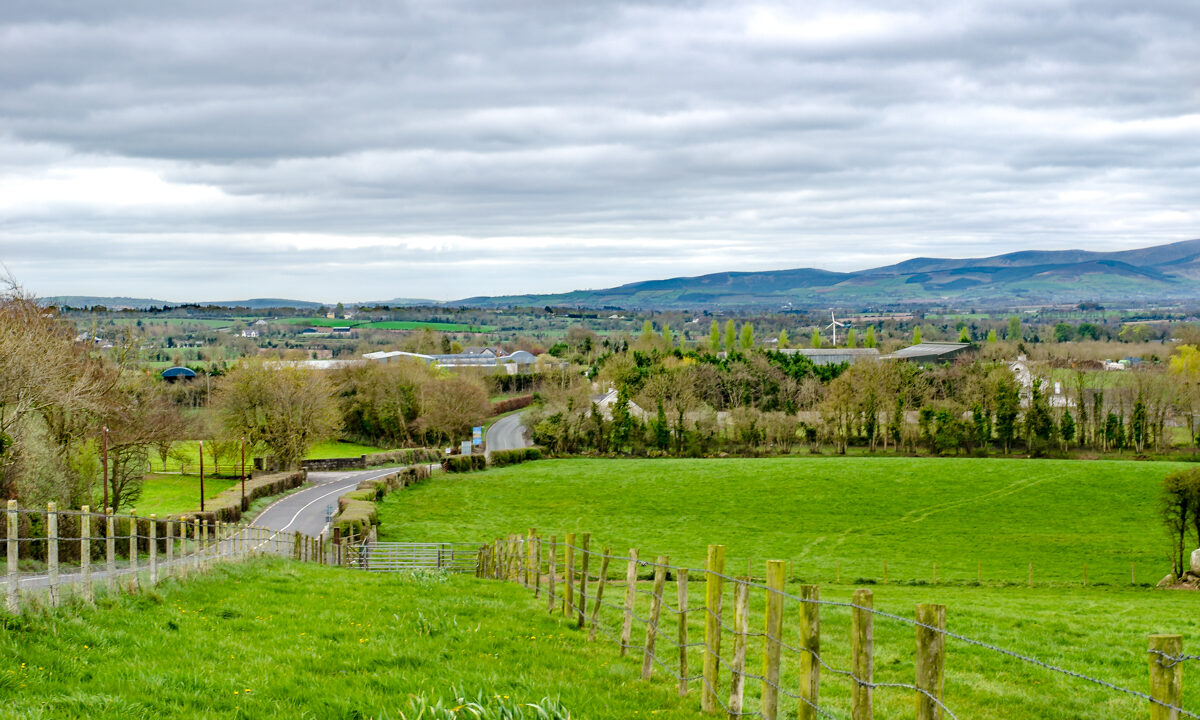The decision of Bank of Ireland to close 103 of its branches on the island of Ireland, including 88 in the republic – many in rural areas – has been described as “exacerbating the growing detachment of banks from their customers in rural Ireland”.
That’s according to Dermot Kelleher, the president of the Irish Cattle and Sheep Farmers’ Association (ICSA).
Kelleher claimed that the bank’s decision “will be a disaster” for those who do not have access to quality broadband.
The digital divide is going to get worse before it gets better, and yet again rural Ireland is being let down.
“In addition, [we] are especially concerned that the decimation of the frontline relationship between the bank and its customers will play havoc with the essential credit needs of farm families and with the basics of prudent lending,” he added.
The recently-elected ICSA president argued that “more and more” lending decisions are being centralised in Dublin.
“Farmers are facing increasingly restrictive decisions regarding credit, particularly in the cattle, sheep and tillage sectors,” Kelleher claimed.
Hence we see perfectly sound propositions for stocking loans, or smaller building projects being turned down or watered down even though the farmers in question have rock solid collateral and a long track record.
He argued: “All of this is a consequence of the increasing de-personalisation of banking and the erosion of autonomy at local bank branch level.
“Closing the branches is the next step and in the long run it will have a bad impact on the sustainability and security of a bank’s lending model,” Kelleher asserted.
He called on Bank of Ireland to reconsider its decision.
“It is in the interests of the bank as well as in the interests of the rural economy to ensure that banking services and lending are operated at a local level and based on real local understanding rather than a 24-hour answering machine,” he said.
